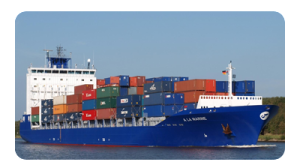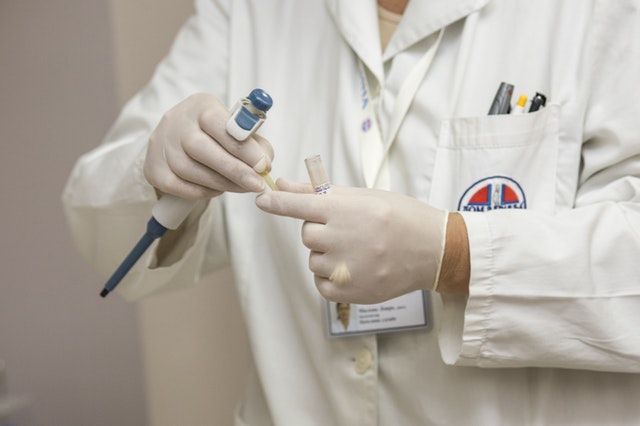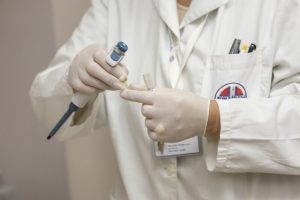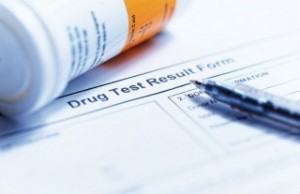Random Drug Testing Program in Missouri Schools
Oct. 3 2016

Belton School District is the latest district in Missouri to start randomly testing its students for drugs. This policy was created by the district’s students who came up with the idea.
Under this policy, students with a permit to drive to school are now considered fair game to be randomly tested. Furthermore, any student in Grades 7-12 who is involved with an extracurricular activity would be required under this policy as well.
The school district provided the parents with letters discussing the policy during open enrollment.
Some parents were strongly on board with the decision, while others challenged the policy.
Many parents, interviewed were surprised that it was the district’s students that created and developed the idea.
Belton School District Superintendent Andy Underwood. Stated that “There was concern from students in meetings in regards to fellow students being addicted to drugs,”
This latest rollout will be in addition to 160 other school districts in Missouri.
The logistics for Belton County consist of 25 students in both middle and high schools that will be required to give a urine sample and be randomly tested each month.
If a student fails a test, they are immediately suspended from their activity, lose their parking pass and are offered counseling. Also as a results of a failed test, the student will be automatically tested again the following month and if there are three positive drug tests, it would result in the student getting permanently suspended from the activity.
For information regarding the effects of drug abuse – Click Here
For information on a drug free work place – Click Here
For information on substance abuse programs – Click Here
For information on DOT Drug / Alcohol Testing requirements – Click Here
John Burgos, CPC
Business Development Manager
https://accrediteddrugtesting.net
(800) 221-4291
Accredited Drug Testing Inc
Health Screening USA Inc


 Back in March an American Airlines Co-Pilot was arrested on the tarmac as passengers looked on after failing a breathalyzer test. The flight was about to leave the Detroit Metropolitan airport was headed to Philadelphia, was immediately canceled.
Back in March an American Airlines Co-Pilot was arrested on the tarmac as passengers looked on after failing a breathalyzer test. The flight was about to leave the Detroit Metropolitan airport was headed to Philadelphia, was immediately canceled.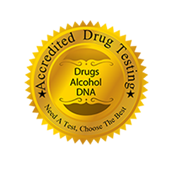
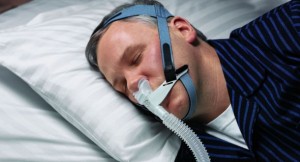 The Department of Transportation is seeking public comment whether it should mandate sleep tests that had not been recommended by the National Transportation Safety Board. The DOT looks to understand the impacts of screening, evaluating and treating rail workers and commercial motor vehicle (CMV) drivers for obstructive sleep apnea (OSA). The National Transportation Safety Board recommended that DOT take action to address OSA screening and treatment for transportation workers.
The Department of Transportation is seeking public comment whether it should mandate sleep tests that had not been recommended by the National Transportation Safety Board. The DOT looks to understand the impacts of screening, evaluating and treating rail workers and commercial motor vehicle (CMV) drivers for obstructive sleep apnea (OSA). The National Transportation Safety Board recommended that DOT take action to address OSA screening and treatment for transportation workers.